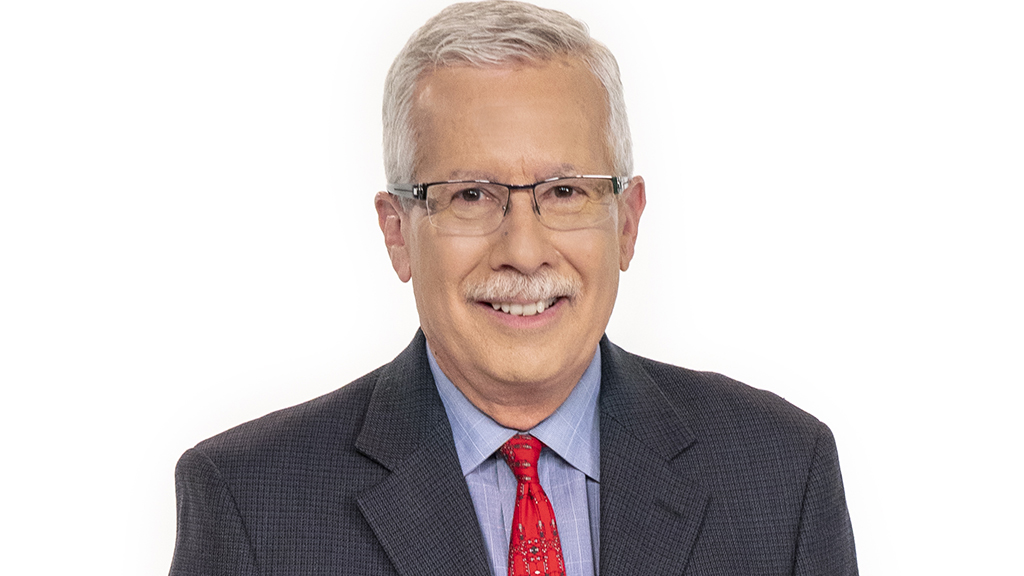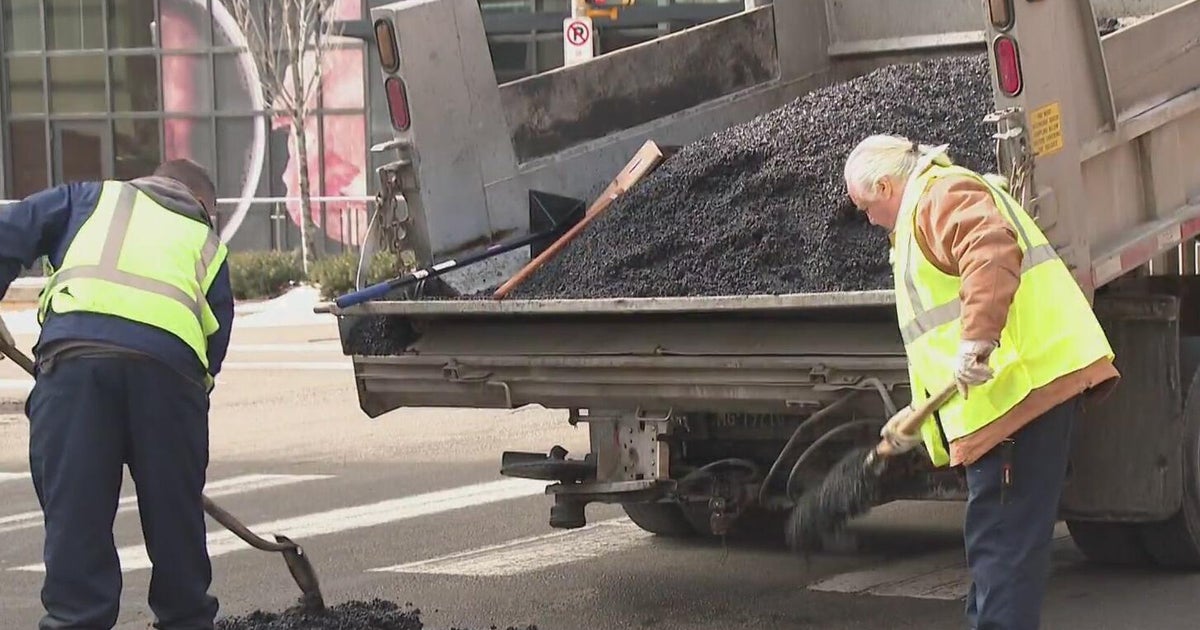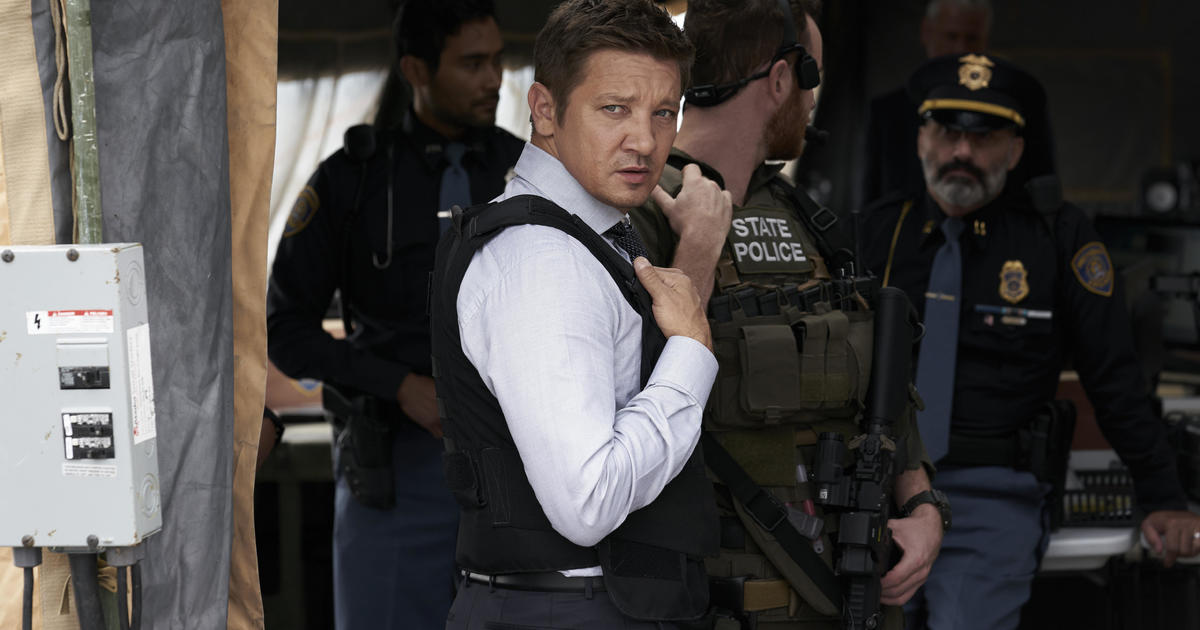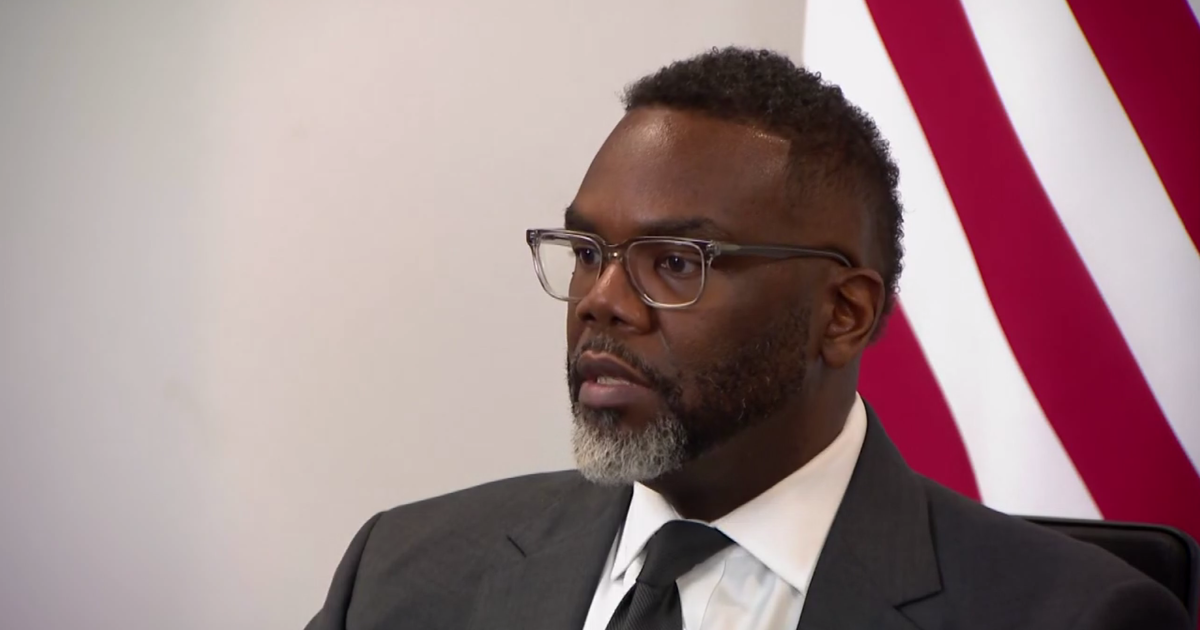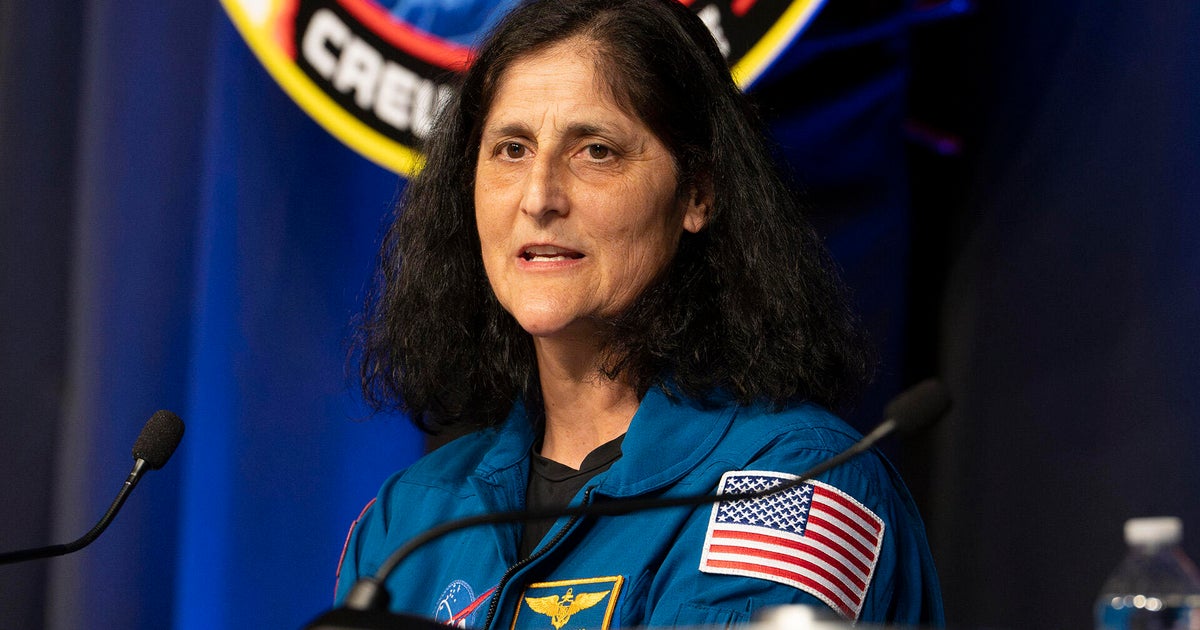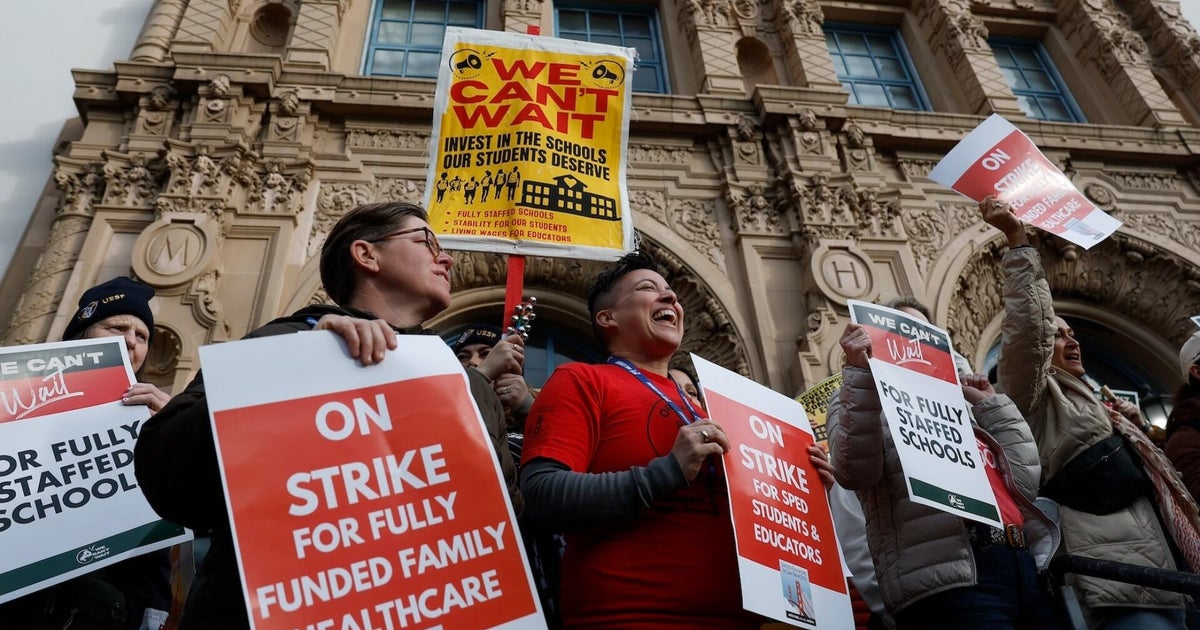Mayor Michelle Wu says Boston commercial tax rate hike needed following COVID pandemic
BOSTON – Boston Mayor Michelle Wu reached an agreement with business leaders last week on a temporary tax rate increase on commercial properties. But those same business leaders voiced frustration that Wu was not open to cutting the city's spending instead.
"We've been very clear that we're entering times of economic challenge," Wu said in an interview on WBZ-TV's Sunday morning edition of "Keller At Large."
Temporary tax hike on commercial properties
Just last week, key Boston business leaders grudgingly agreed to support a Wu proposal for a temporary hike in the tax rate on commercial properties to make up for a drop in the value of many of those properties caused by the emergence of the pandemic-era work-from-home phenomenon, which has persisted and taken a severe toll on downtown office building valuations.
Wu calls it "a short-term solution for a very specific problem."
Even as they agreed to back her plan, those business leaders complained publicly about the mayor's unwillingness to commit to cuts in the city's spending, with this year's budget including a 7% increase (close to double that of the state budget) and hundreds of new hires.
Post-pandemic economy
While suggesting that future budget growth may be smaller, Wu defended the city's spending as a necessary response to post-pandemic economic realities.
"Many cities around even the Commonwealth and certainly around the country have had major shortages when it comes to bus drivers or 911 call takers, food service workers in the schools," Wu said. "These are roles that increasingly have been difficult to fill, lifeguards as well. We have been able to close staffing gaps because we've adjusted to the market and are making sure that our city workers can put food on the table for their own families, and therefore we can deliver the highest quality of services to residents."
Wu said she understands the risks of raising business costs to a level where we are not competitive with other cities in the global economy.
"There is no comparison to Boston when it comes to healthcare, life sciences, tech, and we are pushing in partnership with the state on climate tech really being the next frontier where Boston is going to claim that mantle," Wu said. "There are so many companies now in terms of data, AI, and the next wave of innovation, where, with our universities, with the workforce and talent that we have here, we are well positioned."
Massachusetts Ballot Question 2
Ballot Question #2, which would drop passage of the MCAS test as a high-school graduation requirement across the state, Wu expressed concerns about possible passage of the measure even as she declined to endorse a specific vote.
"We need high standards. That is what sets Massachusetts apart is that employers, residents, communities know that they can depend on rigor and quality and education in our school system, and we need to continue closing gaps in that. Standards don't have to be revolving around specific types of testing as high-stakes testing," Wu said. "The challenge here with this ballot question is that although the MCAS does not encapsulate every learner's specific needs, and there are challenges with having that as the single standard, there hasn't been an alternative proposed as part of this."
